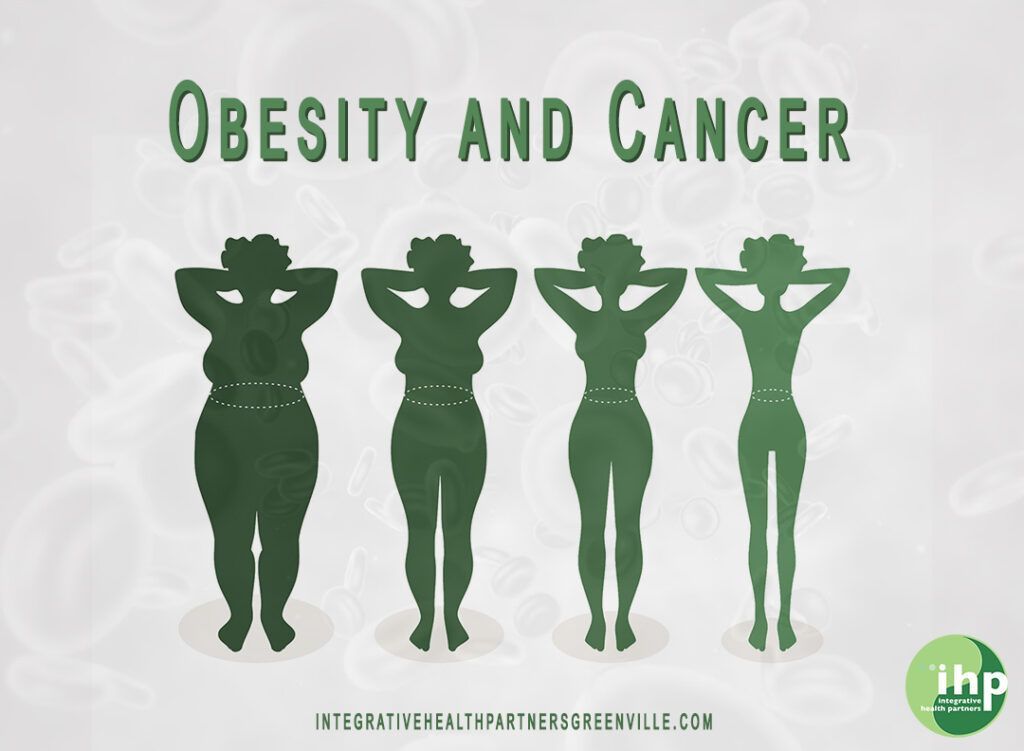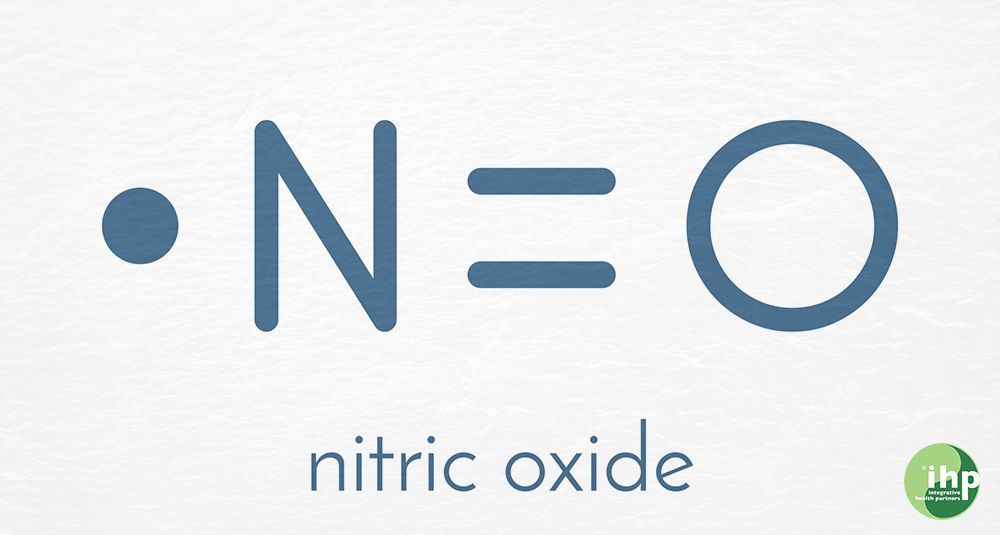Got Rocks?

What is the purpose of taking vitamins? A simple response might be “To be more healthy”. A more elaborate version of this statement would suggest the need to supplement our food intake in order to have the level of nutrients necessary to be healthy. The unfortunate reality is that, according to USDA statistics, the nutrient density of our food has decreased drastically over the last few generations. There are several reasons for this but modern farming practices are primarily to blame. Consequently, we are trying to run our bodies on a fraction of the nutrients that our ancestors received from eating the same foods. Despite our well-fed appearance most of us are sub-clinically starving. What do you think would happen if you decided to run your car on gasoline diluted with water? How well and how long do you think your motor would run? From this realization the case for vitamin supplementation was born.
Studies show supplementation has become commonplace for more than 60% of the US population. However, a big question still remains unanswered: Do they really work to promote health as intended? Multiple studies in recent years have come to differing conclusions. Some studies indicate a negative benefit from taking popular multivitamins while even those with a positive outcome point to very small, if not miniscule, benefits. As a case in point, a recent study measured the reduction in cancer risk amongst those taking Centrum brand vitamins (made by Phizer Pharmaceutical). The results indicated that the number of patients who got cancer over the course of the study was reduced from 18.3 to 17 for those taking Centrum versus the placebo. This is not a very significant reduction, even by pharmaceutical industry standards. As one researcher put it, “you’d have to treat 83 people for 11 years to prevent one cancer case.” Although any risk reduction is good, the results of these tests make you wonder whether taking vitamins is prudent, especially when other studies show that vitamin supplementation may actually hurt you.
One of the things that is not discussed very much is that these studies are being done using pharmaceutically produced vitamins. The presumption is that chemically produced vitamins are the same as vitamins found in food. This simply is not true. Synthetic vitamins derived from petroleum and coal tar are chemically and structurally different from naturally occurring nutrients and your body can tell the difference. Further, the primary component of most of these supplements you can purchase at drug store chains or big box stores is a mostly indigestible form of Calcium, the same type found in limestone, and your concrete driveway. Its bioavailability is so low that about the best use it has in the human body is as an antacid. If you are taking such a vitamin supplement you are putting chemically saturated rocks into your body.
Is it any wonder then that studies conclude little benefit is to be gained by taking vitamin supplements? The best way to increase your nutrient intake is to eat nutrient dense food. Produce grown in nutrient dense soil without pesticides (aka organic) or similarly raised animal products are your best choices. But eating this way is not always possible and thus supplementation is needed to keep your nutrient levels adequate. The best way to get real nutrition from vitamin supplements is to use food based supplements. These products obtain their nutrients from real food. This should be common sense but we have been hypnotized by flashy advertisements and the lure of cheap vitamins. If you are confused about what you should be taking and want to minimize your supplement intake while maximizing your nutrient levels please contact our office for a consultation.






